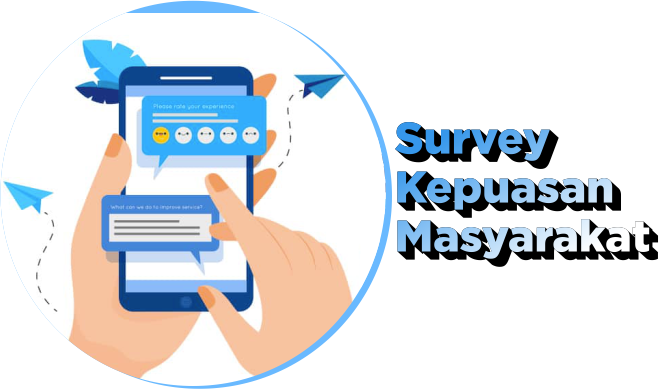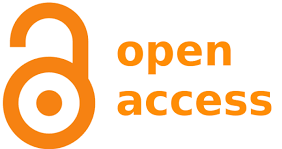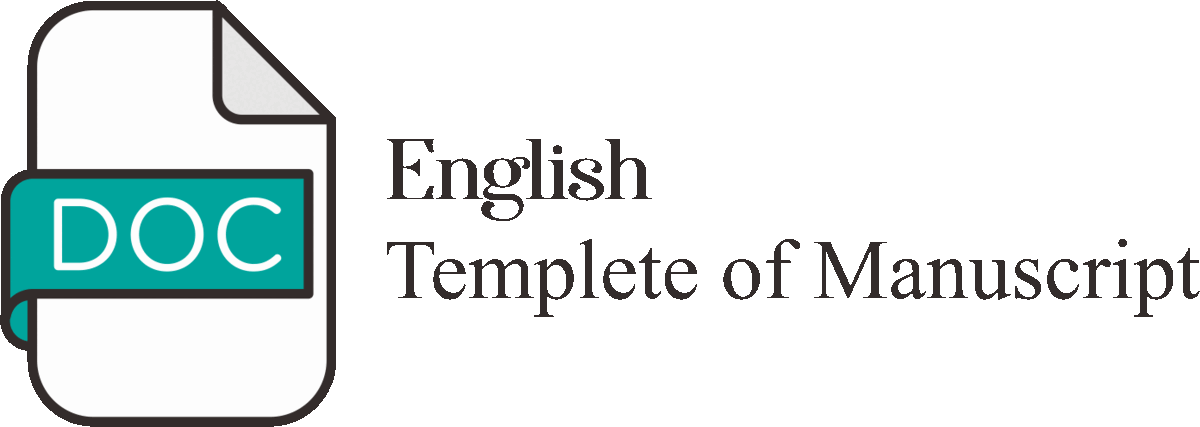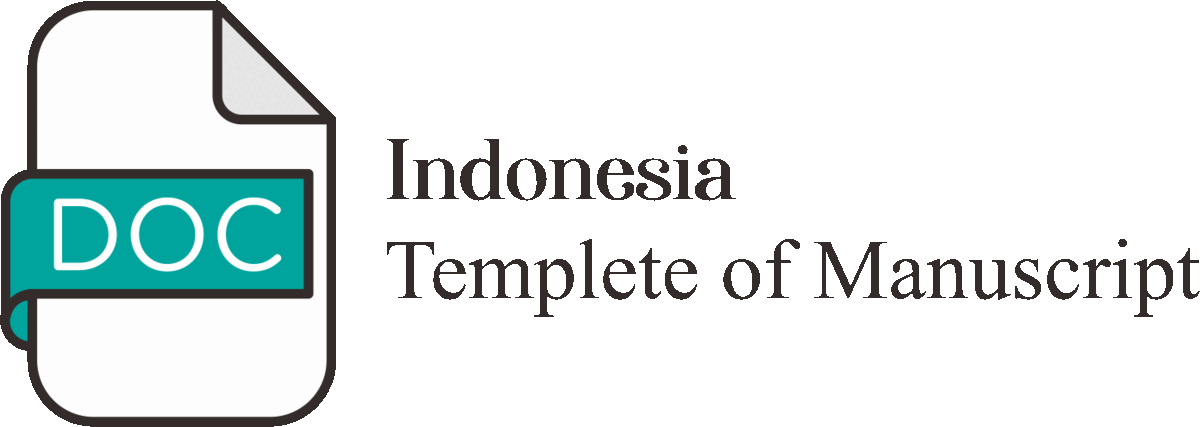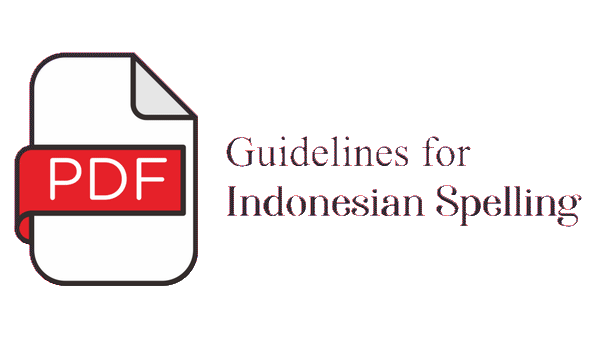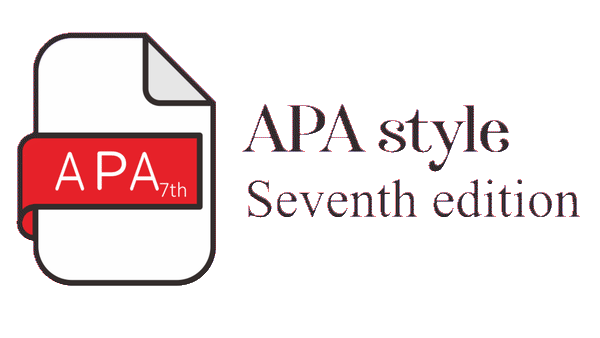Stakeholders Collaboration to Stimulate the Economic Empowerment for Salt Farmers in Pamekasan Regency
Abstract
Previous studies about the dynamics of salt farming in Indonesia have shown several problems. One of the main problems is related to the management context of salt farming. An attempt to enhance salt farming management is to increase salt farmers empowerment. One of the policies declared by the government to overcome this problem is People’s Salt Business Program/ Program Usaha Garam Rakyat (PUGAR). This study aims to: (1) describe, explain and analyze the condition of the salt commodity supply chain in Pamekasan Regency, and (2) describe and explain a model of community empowerment of salt farmers in Pamekasan Regency with a value chains analysis approach, so that with this community empowerment model salt farmers in Pamekasan Regency can optimize positive impacts and minimize the negative impacts of salt business implementation in the regions aforementioned.This research uses qualitative research with a value chains analysis approach. Value chain analysis is the process by which a company identifies key activities and aids that add value to a product, then analyzes them to reduce costs or increase differentiation. The location of the study was conducted in Pamekasan Regency.The results of the research through value chain analysis show a diagram model of community empowerment of salt farmers in Pamekasan Regency, namely through the PUGAR program it has been running well in increasing the production and quality of salt commodities in Pamekasan Regency. Production activities up to salt distribution cannot be separated from the role of 3 stakeholders, including: government, private sector, and community. This study emphasizes the impact of stakeholder collaboration in community empowerment. The result of the research is expected could be used as a reference by stakeholders in formulating policies for the increase of farmers welfare.
Keywords
Full Text:
PDFReferences
Ansell, C. (2015). “When Collaborative Governance Scales up: Lessons from Global Public Health about Compound Collaboration.” Policy and Politics 43(3):391–407.
Ansell, C. and Gash, A. (2008). “Collaborative Governance in Theory and Practice.” Journal of Public Administration Research and Theory 18(4):543–71. doi: 10.1093/jopart/mum032.
Baekhaki, K., Kinseng, R. A., & Soetarto, E. (2018). Korporatisasi Garam Rakyat : Dinamika Transisi Sosial, Ekonomi Dan Ekologi Petambak Garam. Sodality, 6(1), 61–70.
Bambang, A. N. (2019). System for Results and Business Feasibility in Salt Integration, Pati District, Central Java, Indonesia. AES Bioflux, 11(2), 97–108.
Dawa, U. P. L., Gadi, D. S., Rosari, R., & Teffu, Y. H. (2020). The quality and mineral content of the community salt conventional in Kupang City and Kupang District East Nusa Tenggara Province. IOP Conference Series: Materials Science and Engineering, 823(1), 012008. https://doi.org/10.1088/1757-899X/823/1/012008
Fairuza, M. (2017). Kolaborasi antar Stakeholder dalam Pembangunan Inklusif pada Sektor Pariwisata (Studi Kasus Wisata Pulau Merah di Kabupaten Banyuwangi). Kebijakan Dan Manajemen Publik, 5(3), 1–13.
Farchan, A., & Muhtadi, A. (2019). Indonesian Journal of Curriculum Pengembangan Desain Kurikulum Maritim Di Jepara. Indonesian Journal of Curriculum and Educational Technology Studies, 7(1), 27–36.
Frankowski, A. (2019). Collaborative governance as a policy strategy in healthcare. Journal of Health Organization and Management, 33(7/8), 791–808. https://doi.org/10.1108/JHOM-10-2018-0313
Ihsannudin, I., Pinujib, S., Subejo, S., & Sumada Bangko, B. (2018). Strategi Pemberdayaan Ekonomi Petani Garam Melalui Pendayagunaan Aset Tanah Pegaraman. Economics Development Analysis Journal, 5(4), 395–409. https://doi.org/10.15294/edaj.v5i4.22177
Koebele, E. A. (2019). Integrating collaborative governance theory with the Advocacy Coalition Framework. Journal of Public Policy, 39(1), 35–64. https://doi.org/10.1017/S0143814X18000041
Kurniawan, T., & Zulham, A. (2020). Salt farmer’s adaptation strategy facing climate change (case study in Pati Regency). IOP Conference Series: Earth and Environmental Science, 521(1), 012004. https://doi.org/10.1088/1755-1315/521/1/012004
Lehtonen, K., & Uusikylä, P. (2021). How Do Networks Reflect Collaborative Governance? The Case of a Sport Policy Program. International Journal of Environmental Research and Public Health, 18(14), 7229. https://doi.org/10.3390/ijerph18147229
Miski, M. (2022). Pemberdayaan Petani Garam Dalam Meningkatkan Kesejahteraan Ekonomi Masyarakat. Hermeneutika: Jurnal Hermeneutika, 8(1), 58–73.
Parwoto, P.-. (2018). Dampak Monopoli Garam Di Madura Pada Abad XX. Mozaik: Jurnal Ilmu-Ilmu Sosial Dan Humaniora, 7(1). https://doi.org/10.21831/moz.v7i1.6182
Prehoda, E., Winkler, R., & Schelly, C. (2019). Putting Research to Action: Integrating Collaborative Governance and Community-Engaged Research for Community Solar. Social Sciences, 8(1), 11. https://doi.org/10.3390/socsci8010011
Ridanyani, R., & Ma’ruf, M. F. (2013). Community Empowerment Through The People Salt Enterprises Empowerment Program (PUGAR) On The Department Of Marine And Fisheries At Pamekasan Regency. Publika, 1(2), 1–15.
Sugiyono. (2017). Metode Penelitian Kuantitatif, Kualitatif, dan R&D. Alfabeta.
Sumarmi, Bachri, S., Irawan, L. Y., & Fathoni, M. N. (2020). Spatio-Temporal Salt Ponds in Madura Island in 2009-2019 for Managing Sustainable Coastal Environments. IOP Conference Series: Earth and Environmental Science, 412(1), 012008. https://doi.org/10.1088/1755-1315/412/1/012008
Takekawa, J. Y., Ackerman, J. T., Brand, L. A., Graham, T. R., Eagles-Smith, C. A., Herzog, M. P., Topping, B. R., Shellenbarger, G. G., Kuwabara, J. S., Mruz, E., Piotter, S. L., & Athearn, N. D. (2015). Unintended Consequences of Management Actions in Salt Pond Restoration: Cascading Effects in Trophic Interactions. PLOS ONE, 10(6), e0119345. https://doi.org/10.1371/journal.pone.0119345
Tonelli, D. F., Costa, H. A., & Sant’Anna, L. (2018). Governança Colaborativa Em Parques Tecnológicos: Estudo De Casos Em Minas Gerais. Gestão & Regionalidade, 34(101). https://doi.org/10.13037/gr.vol34n101.3866
Wahyurini, E. T., & Hamidah, E. (2020). Pengembangan Ekonomi Desa melalui Kampung Garam (Studi Kasus Desa Bunder Kecamatan Pademawu Kabupaten Pamekasan Madura). Jurnal Agrinika : Jurnal Agroteknologi Dan Agribisnis, 4(2), 155. https://doi.org/10.30737/agrinika.v4i2.1064
Wang, H., Xu, X., & Zhu, G. (2015). Landscape Changes and a Salt Production Sustainable Approach in the State of Salt Pan Area Decreasing on the Coast of Tianjin, China. Sustainability, 7(8), 10078–10097. https://doi.org/10.3390/su70810078
Woldesenbet, W. G. (2018). Collaborative governance: assessing the problem of weak cross-sectoral collaborations for the governance of Addis Ababa Rivers. Applied Water Science, 8(4), 116. https://doi.org/10.1007/s13201-018-0763-1
Ye, C., Chen, R., Chen, M., & Ye, X. (2019). A new framework of regional collaborative governance for PM2.5. Stochastic Environmental Research and Risk Assessment, 33(4–6), 1109–1116. https://doi.org/10.1007/s00477-019-01688-w
DOI: http://dx.doi.org/10.15578/jsekp.v18i1.11835
Indexed by:
-------------------------------------------------------------------------------------
Published by
Research Center for Marine and Fisheries Socio-Economic
in collaboration with
Indonesian Marine and Fisheries Socio-Economics Research Network

This work is licensed under a Creative Commons Attribution-NonCommercial-ShareAlike 4.0 International License.

